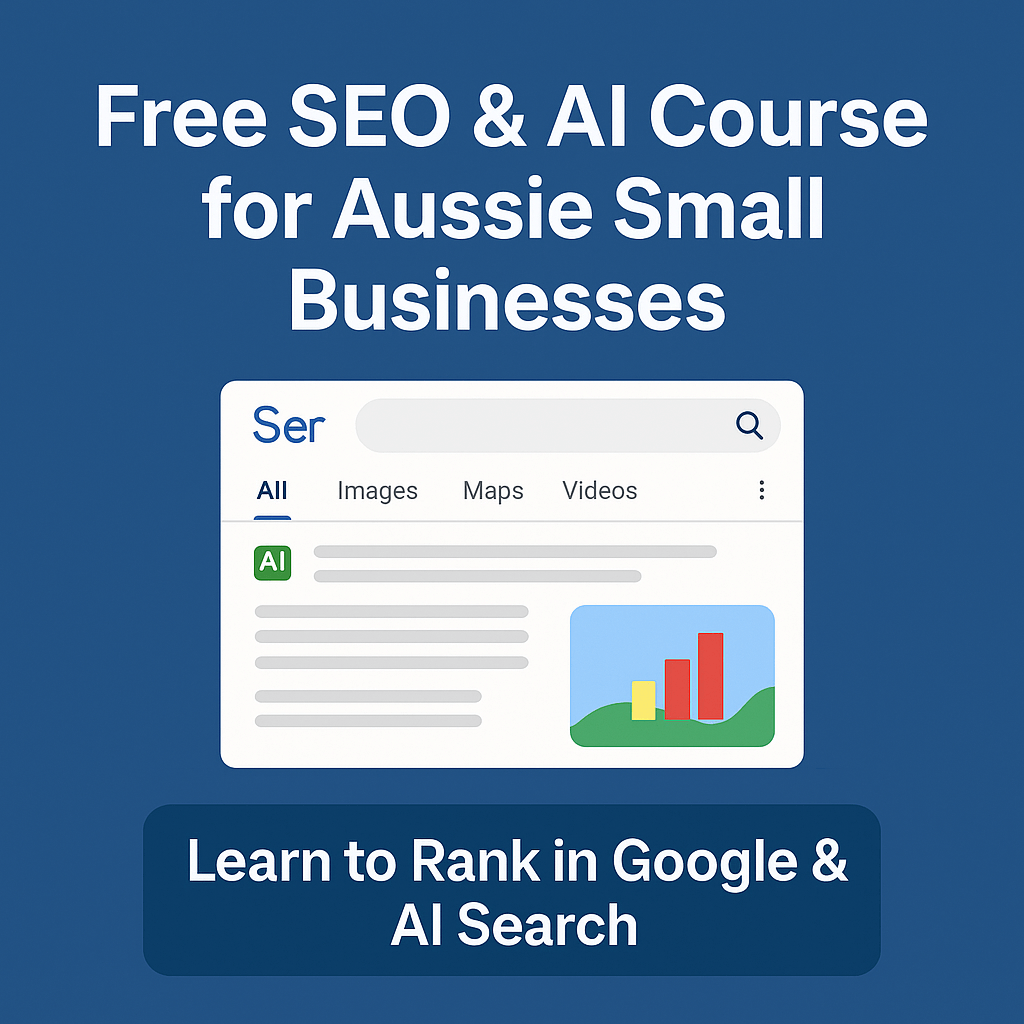In the dynamic world of digital marketing, Search Engine Optimisation (SEO) remains a pivotal component for driving organic traffic and achieving online success. SEO is a multifaceted discipline that requires continuous learning and adaptation to ever-changing algorithms and market trends. This article delves into essential SEO training techniques, equipping you with the knowledge to enhance your website’s visibility and performance. We will explore key areas such as keyword research, on-page and off-page optimisation, link building strategies, understanding analytics, and creating quality content for SEO.
Introduction to SEO Training
SEO training is essential for anyone looking to improve their online presence. The right training equips individuals and businesses with the tools to rank higher on search engines, attract more visitors, and convert leads into customers. SEO isn’t just about pleasing search engines; it’s about creating a better user experience.
Keyword Research and Optimisation Strategies
Keyword research is the cornerstone of effective SEO. Identifying the right keywords can drive targeted traffic to your site.
Tools for Keyword Research There are several tools available for keyword research, such as Google Keyword Planner, SEMrush, Ahrefs, and Moz. These tools provide insights into keyword volume, competition, and trends.
Long-Tail Keywords Long-tail keywords are longer, more specific phrases that visitors are more likely to use when they’re closer to a point-of-purchase or when using voice search. These keywords generally have lower competition and higher conversion rates.
Competitor Analysis Analysing competitors’ keywords helps identify gaps and opportunities. Tools like SEMrush and Ahrefs can reveal the keywords competitors are ranking for, providing a roadmap for your own SEO strategy.
On-Page Optimisation Tactics
On-page SEO involves optimising individual web pages to rank higher and earn more relevant traffic.
Meta Tags Meta tags, including the title tag and meta description, are critical for SEO. They should be unique, include relevant keywords, and be compelling to encourage click-throughs.
Header Tags Header tags (H1, H2, H3, etc.) help structure content and make it easier for search engines to understand. The H1 tag should include the main keyword, while H2 and H3 tags should organise subtopics.
URL Structure URLs should be clean, descriptive, and include relevant keywords. Avoid long URLs with unnecessary parameters.
Image Optimisation Images should be optimised with descriptive file names and alt text that includes keywords. Compressing images to reduce file size can also improve page load times.
Off-Page Optimisation Tactics
Off-page SEO refers to actions taken outside of your website to impact your rankings within search engine results pages (SERPs).
Social Media Signals Social media engagement can drive traffic to your site and indirectly influence your SEO. Sharing content on social platforms can increase its visibility and attract backlinks.
Guest Blogging Writing articles for other websites can help build authority and gain backlinks. Ensure that the sites you write for are relevant to your industry and have a good reputation.
Influencer Outreach Collaborating with influencers in your industry can expand your reach and attract quality backlinks. Influencers can help amplify your content and drive traffic to your site.
Link Building Strategies and Best Practices
Link building is the process of acquiring hyperlinks from other websites to your own.
Types of Links There are various types of links, including inbound (backlinks), outbound (external links), and internal links. Quality backlinks from reputable sites are most valuable for SEO.
White-Hat vs Black-Hat Techniques White-hat SEO involves ethical practices that comply with search engine guidelines, such as guest blogging and content marketing. Black-hat techniques, like link buying and link farms, are risky and can result in penalties.
Building Relationships Building relationships with other website owners and bloggers in your industry can lead to natural link-building opportunities. Participate in forums, comment on blogs, and network at industry events.
Understanding and Utilising Analytics
Analytics tools help you measure and analyse your SEO efforts, providing data to inform your strategies.
Key Metrics Important SEO metrics include organic traffic, bounce rate, average session duration, and conversion rate. Tracking these metrics helps assess the effectiveness of your SEO.
Tools like Google Analytics Google Analytics is a powerful tool for tracking and analysing website traffic. It provides insights into user behaviour, traffic sources, and more.
Data Interpretation Understanding how to interpret data from analytics tools is crucial. Look for trends, identify areas for improvement, and adjust your strategies accordingly.
Creating Quality Content for SEO
Quality content is essential for engaging users and improving search engine rankings.
Content Relevance Content should be relevant to your target audience and address their needs and interests. Conducting audience research can help tailor your content.
User Intent Understanding user intent helps create content that answers the questions users are searching for. There are four main types of user intent: informational, navigational, transactional, and commercial investigation.
Content Freshness Regularly updating your content keeps it fresh and relevant. Search engines favour fresh content, which can improve rankings.
Advanced SEO Techniques
For those looking to take their SEO to the next level, advanced techniques can provide a competitive edge.
Schema Markup Schema markup helps search engines understand your content better. It can enhance your search results with rich snippets, which can improve click-through rates.
Mobile SEO With the increasing use of mobile devices, optimising for mobile is crucial. Ensure your site is mobile-friendly and loads quickly on all devices.
Voice Search Optimisation Optimising for voice search involves focusing on natural language and long-tail keywords. Voice search is growing, and preparing your content for this trend can provide an advantage.
Local SEO Strategies
Local SEO is critical for businesses that operate in specific geographic areas.
Google My Business Claiming and optimising your Google My Business listing is essential for local SEO. Ensure your information is accurate and up-to-date.
Local Citations Local citations are mentions of your business on other websites, such as online directories. Ensure your NAP (Name, Address, Phone number) information is consistent across all platforms.
Reviews Encourage customers to leave reviews on Google and other review sites. Positive reviews can improve your local rankings and attract more customers.
Technical SEO
Technical SEO involves optimising your website for crawling and indexing by search engines.
Site Speed A fast-loading site provides a better user experience and can improve rankings. Use tools like Google PageSpeed Insights to identify and fix speed issues.
Mobile-Friendliness Ensure your site is mobile-friendly, as Google uses mobile-first indexing. Responsive design is key to providing a good user experience on all devices.
XML Sitemaps An XML sitemap helps search engines understand your site structure and find all your pages. Ensure your sitemap is updated regularly and submitted to Google Search Console.
SEO Tools and Software
Various tools and software can aid in your SEO efforts.
Free vs Paid Tools There are both free and paid SEO tools available. Free tools, like Google Analytics and Google Search Console, offer basic functionality, while paid tools like SEMrush and Ahrefs provide more advanced features.
Tool Features SEO tools offer a range of features, including keyword research, backlink analysis, rank tracking, and site audits. Choose tools that best fit your needs and budget.
Integrations Many SEO tools can be integrated with other platforms, like Google Analytics and WordPress, to streamline your workflow and enhance functionality.
SEO Trends and Future Predictions
The SEO landscape is constantly evolving, and staying updated with trends is crucial.
AI in SEO Artificial intelligence is becoming increasingly important in SEO. Tools like Google’s RankBrain use AI to better understand user intent and improve search results.
Evolving Algorithms Search engine algorithms are continuously updated. Staying informed about these changes helps you adjust your strategies accordingly.
Future of SEO The future of SEO is likely to include more focus on user experience, voice search, and AI-driven insights. Staying ahead of these trends can provide a competitive advantage.
Common SEO Mistakes to Avoid
Avoiding common SEO mistakes can help ensure the success of your efforts.
Keyword Stuffing Overusing keywords can harm your rankings and make your content unreadable. Focus on creating natural, valuable content.
Ignoring Mobile Users Neglecting mobile optimisation can result in a poor user experience and lower rankings. Ensure your site is mobile-friendly.
Poor Link Practices Engaging in black-hat link-building techniques can result in penalties. Focus on earning high-quality, relevant backlinks.
SEO Case Studies
Examining case studies can provide valuable insights and inspiration for your own SEO efforts.
Success Stories Look at examples of businesses that have successfully improved their SEO and achieved significant results. Analyse their strategies and apply relevant lessons to your own efforts.
Lessons Learned Understanding the challenges and mistakes faced by others can help you avoid similar pitfalls. Learn from the experiences of others to improve your own SEO practices.
Key Takeaways Identify the key takeaways from each case study and consider how they can be applied to your own SEO strategy. Continuous learning and adaptation are crucial for SEO success.
FAQs on SEO Training Techniques
What is the most important aspect of SEO training? The most important aspect of SEO training is understanding the fundamentals of keyword research and on-page optimisation. These form the foundation of effective SEO strategies.
How often should I update my SEO knowledge? SEO is constantly evolving, so it’s important to stay updated with the latest trends and algorithm changes. Regularly attending webinars, reading industry blogs, and taking courses can help keep your knowledge current.
Can I do SEO on my own, or do I need a professional? While you can certainly learn and apply SEO techniques on your own, hiring a professional can provide advanced insights and save time. Professionals have the experience and tools to implement effective strategies efficiently.
How long does it take to see results from SEO efforts? SEO is a long-term strategy, and it can take several months to see significant results. Patience and consistency are key. Regularly monitoring and adjusting your strategies can help achieve better outcomes.
What are the benefits of local SEO? Local SEO helps businesses attract customers from specific geographic areas. It improves visibility in local search results, drives more traffic to your site, and can increase foot traffic to your physical location.
Mastering SEO training techniques is essential for enhancing your website’s visibility and driving organic traffic. By focusing on keyword research, on-page and off-page optimisation, link building, and quality content creation, you can develop a robust SEO strategy. Understanding and utilising analytics further refines your approach, ensuring continuous improvement. Stay updated with SEO trends and avoid common mistakes to maintain a competitive edge in the ever-evolving digital landscape.



